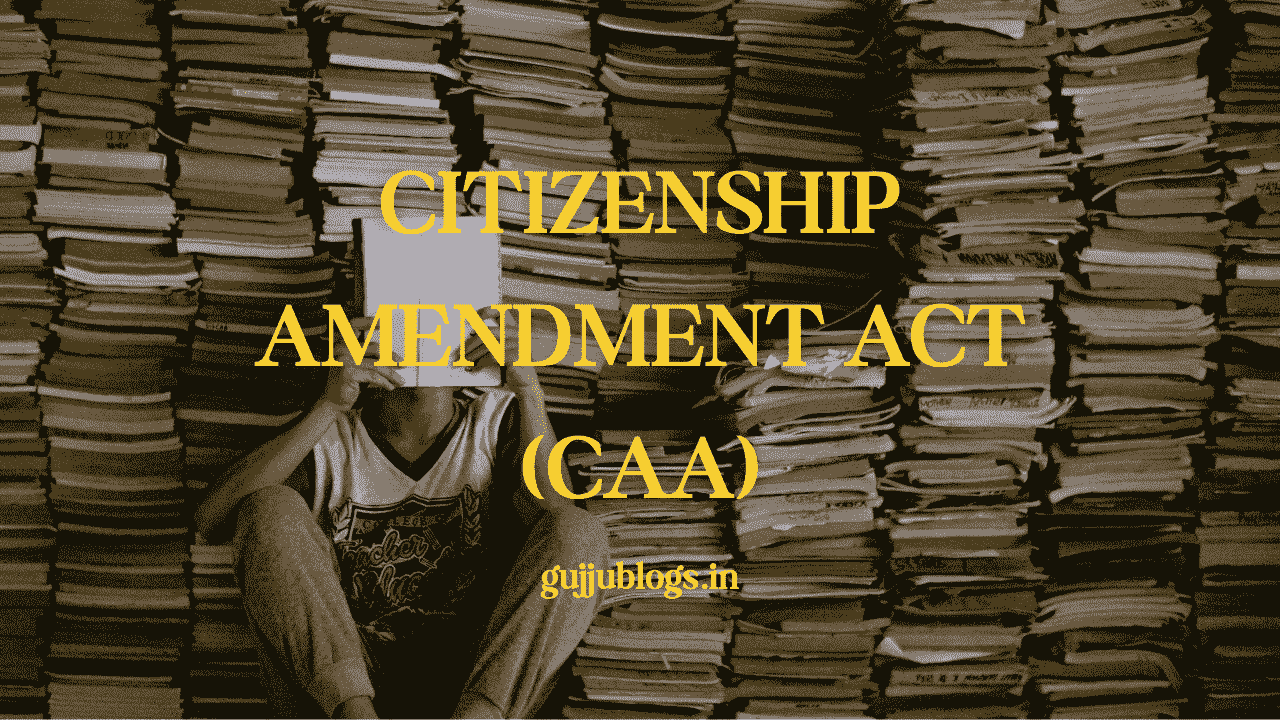The government’s recent notification for the Citizenship Amendment Act (CAA) has sparked a heated debate just weeks before the crucial 2024 Lok Sabha election. The CAA, championed by the ruling BJP party, aims to provide citizenship to individuals from select religious minorities in neighboring countries. Home Minister Amit Shah’s staunch defense of the CAA and plans for its swift implementation have underscored the government’s unwavering commitment to the contentious legislation.
What is the Citizenship Amendment Act (CAA)?
The Citizenship Amendment Act (CAA) aims to modify the category of people eligible to apply for citizenship in India. It’s essential to understand that this law does not take away anyone’s citizenship nor does it automatically grant citizenship. What it does is provide an exemption for specific groups of individuals from being labeled as “Illegal migrants.”
These individuals belong to the Hindu, Sikh, Buddhist, Jain, Parsi, or Christian communities from Afghanistan, Bangladesh, or Pakistan, who entered India on or before December 31, 2014. These individuals have been granted exemption by the Central Government under certain provisions. The CAA sets out to streamline the citizenship application process for these specific groups, ensuring they receive fair treatment and consideration under the law.
What has happened right now?
Critics have decried the CAA’s alleged discriminatory nature, warning that it threatens India’s secular ethos. In contrast, supporters argue that the CAA offers a lifeline to persecuted minorities seeking refuge from religious persecution in Bangladesh, Pakistan, and Afghanistan.
Amidst growing concerns about the timing of the notification, questions linger about the political calculus behind this move and its potential ramifications on the upcoming election. As the nation braces for a fiery electoral showdown, the fate of the CAA looms large, shaping the discourse on identity, inclusion, and democracy in India.
What does it Target?
It is all about providing a sense of belonging and security to a specific group of migrants who may not have their travel documents in order. The main goal of this act, as stated in The Citizenship Act, is to offer citizenship to individuals who belong to certain communities and might have faced religious persecution in their home countries.
One of the significant changes brought by the CAA is the reduction in the duration required for citizenship via naturalisation, cutting it from 11 years to just five years. The process laid out in the CAA Rules is straightforward, with immigrants needing to establish their origin country, religion, entry date into India, and show their understanding of an Indian language to apply for Indian citizenship.
What kind of visa does India issue to refugees?
The CAA (Citizenship Amendment Act) aims to provide refuge to persecuted minorities from neighboring countries like Pakistan, Bangladesh, and Afghanistan but has sparked various conversations and debates. Despite the focus on specific religious groups, refugees who do not meet the criteria stipulated by the CAA, regardless of their religion, will still find protection under India’s existing ad-hoc refugee policy.
Under this policy, individuals from countries like Myanmar, Sri Lanka, Afghanistan, among others, are issued long-term visas, enabling them to live comfortably in India. The government clarifies that the exclusion of Muslim refugees is based on the belief that when conditions in their home countries improve, these individuals can and should return. This stance has brought forth a range of opinions and perspectives regarding the inclusivity and implementation of the CAA, highlighting the complexities of the situation at hand.
Conclusion
This amendment has sparked a lot of discussion among various states, and it’s fascinating to see how they are reacting to it. We will make sure to update you as soon as we uncover any new facts relating to the CAA. Stay tuned for more updates on this topic!
